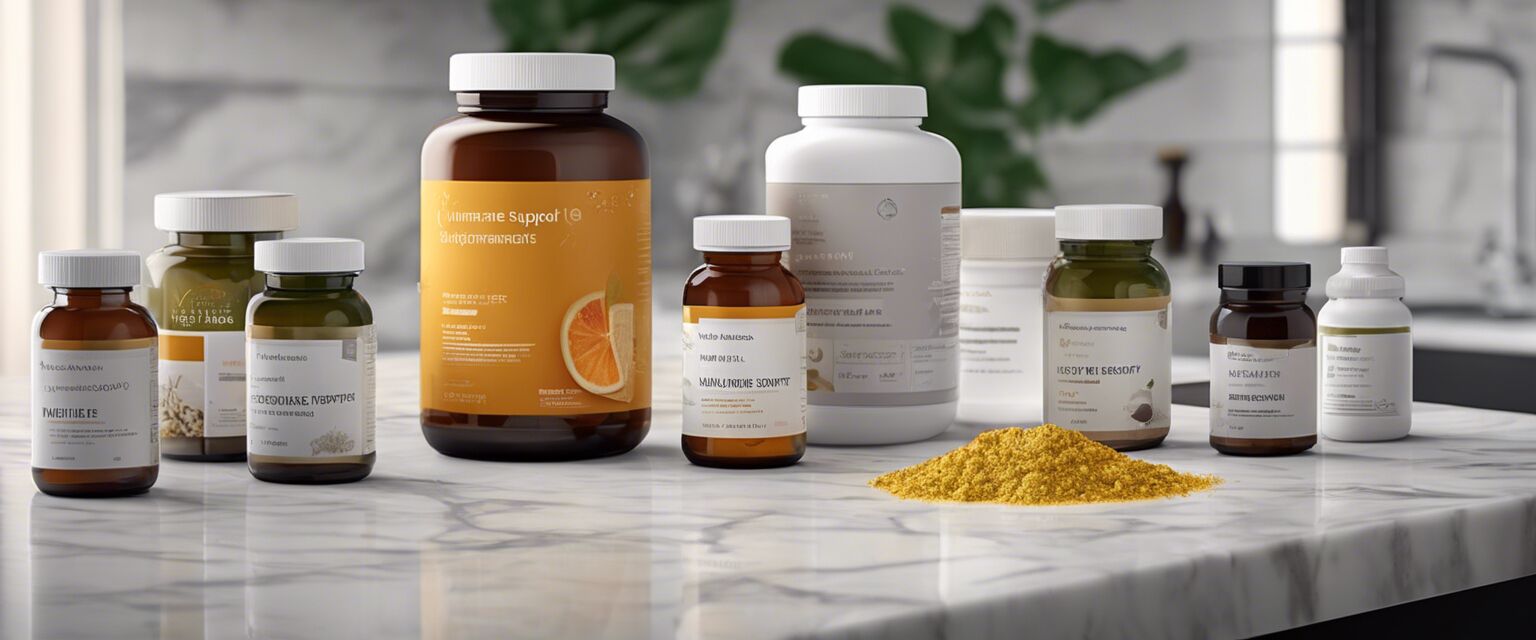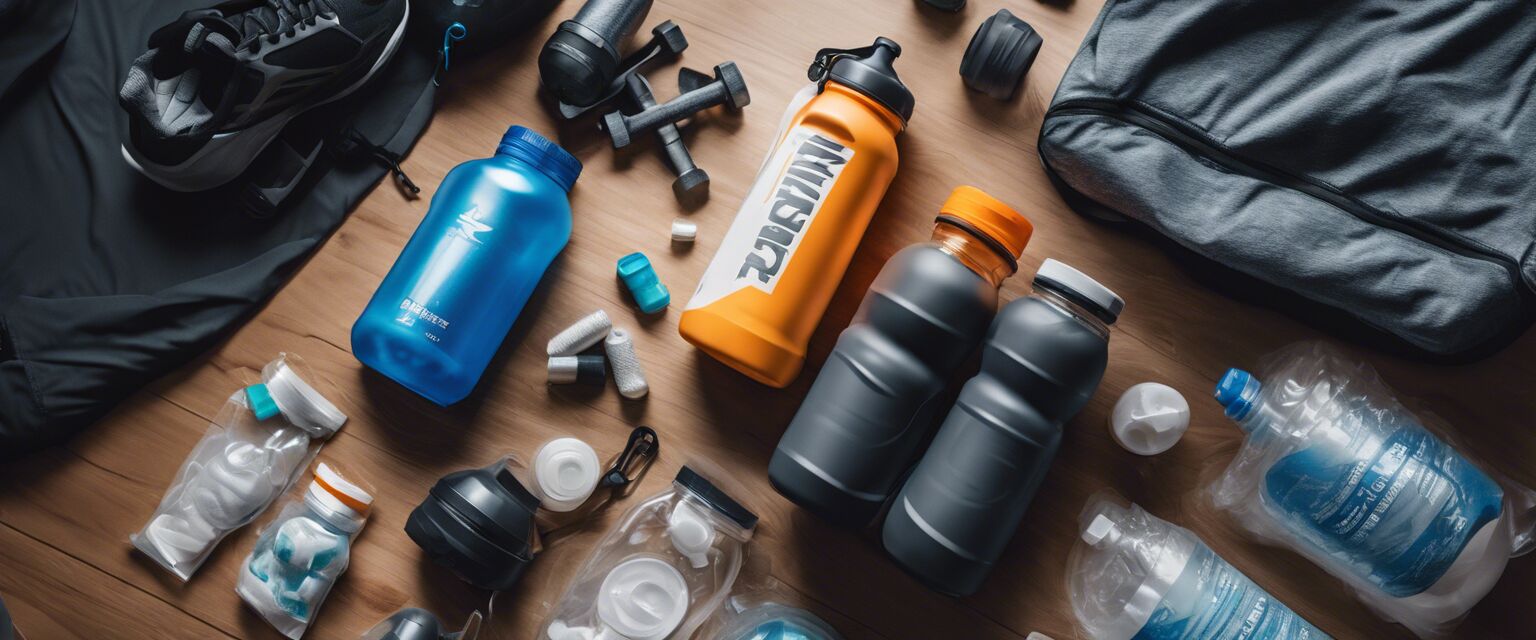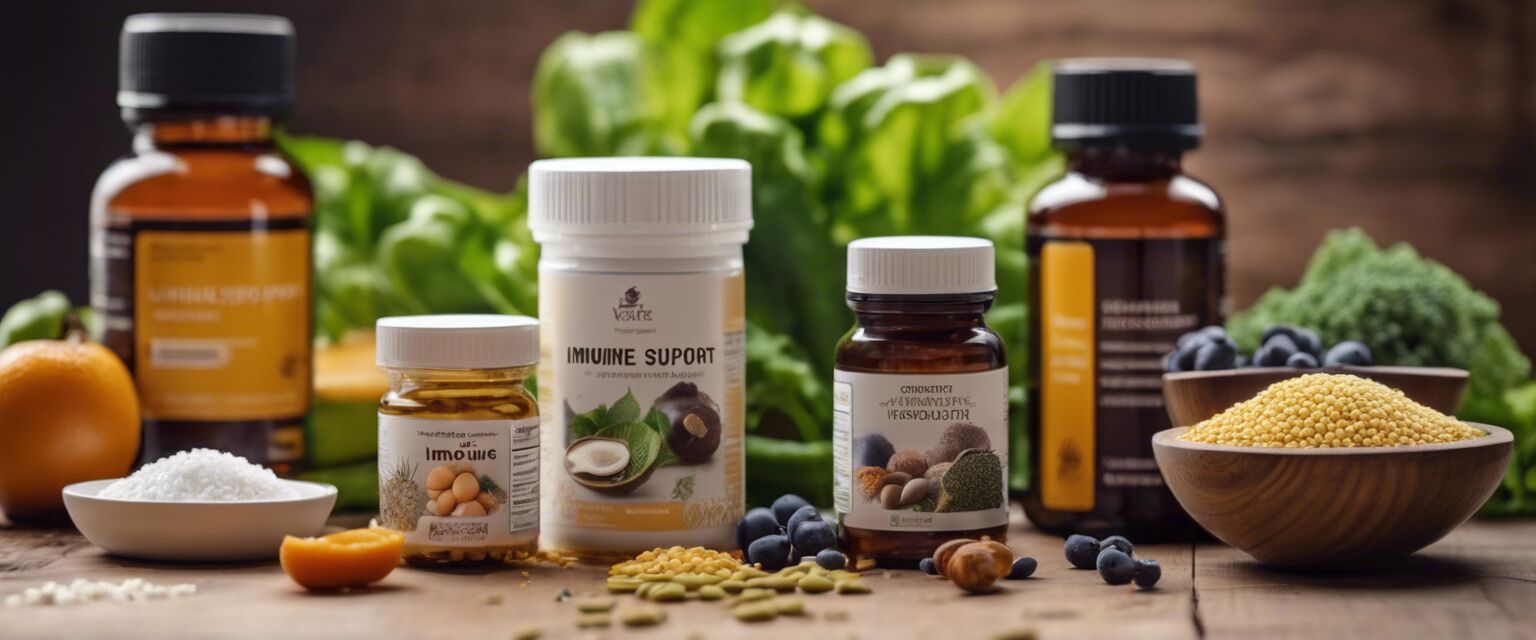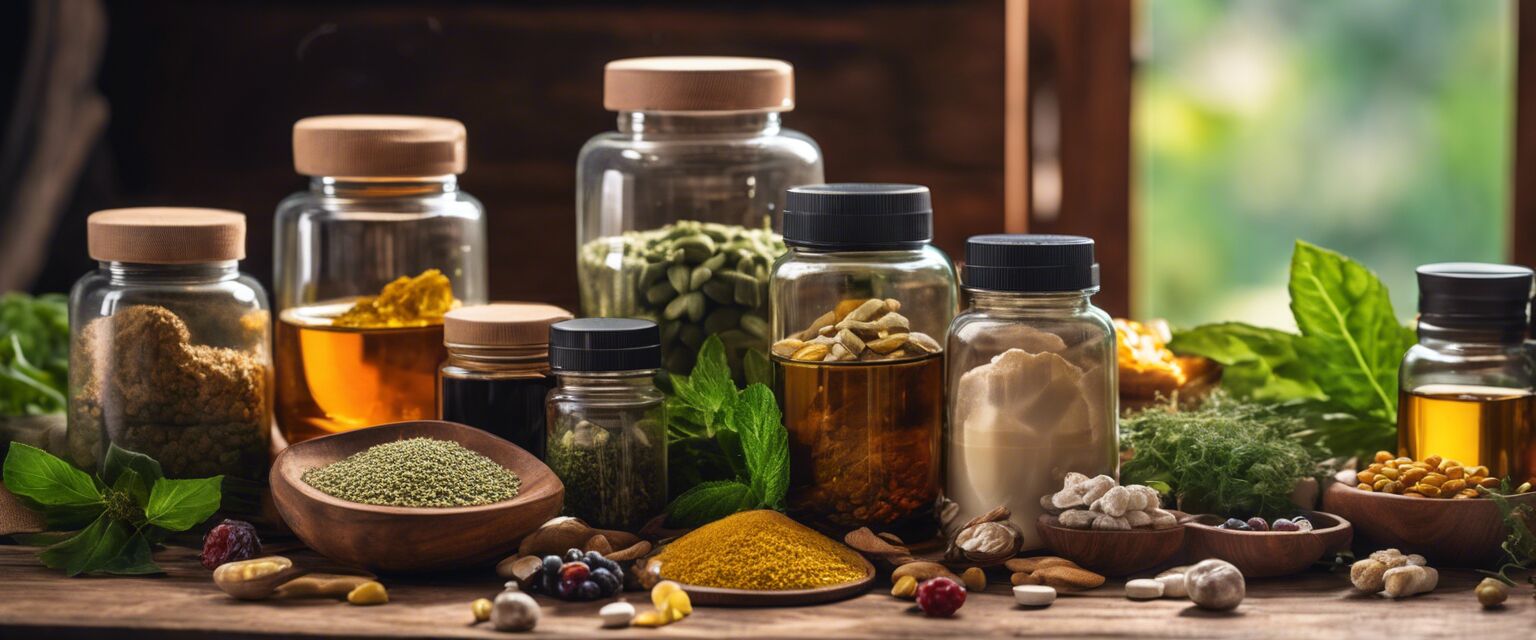
Immune system support for athletes
Key Takeaways
- The immune system is crucial for athletes to maintain peak performance.
- Specific supplements can support immune function and recovery.
- Nutrition and hydration play a significant role in immune health.
- Regular exercise can enhance immune response when balanced with rest.
- It's important to choose quality supplements tailored to your needs.
As an athlete, maintaining a strong immune system is vital for optimal performance and recovery. While rigorous training is important, it can sometimes put athletes at a higher risk for illness. This article explores special considerations and top supplements for athletes focusing on immune health. Understanding these aspects can help you make informed decisions about your health and performance.
Why is immune health important for athletes?
The immune system is the body's defense mechanism against infections and diseases. For athletes, a robust immune system is essential for:
- Preventing illnesses that can derail training schedules.
- Enhancing recovery times after intense workouts.
- Maintaining overall performance levels.
Factors affecting immune health in athletes
Several factors can influence an athlete's immune health, including:
- Training intensity: High-intensity training can temporarily suppress the immune system.
- Nutrition: A balanced diet is crucial for providing the necessary vitamins and minerals.
- Stress: Mental and physical stress can impact immune function.
- Sleep: Inadequate sleep can weaken the immune response.
Top supplements for immune support
While a balanced diet should be the foundation of your nutrition, certain supplements can provide additional support for your immune system. Here are some top options to consider:
| Supplement | Benefits | Sources |
|---|---|---|
| Vitamin C | Supports the immune system and acts as an antioxidant. | Citrus fruits, berries, and green vegetables. |
| Zinc | Essential for immune cell function and can reduce illness duration. | Meat, shellfish, legumes, and seeds. |
| Vitamin D | Helps in regulating the immune system. | Sun exposure, fatty fish, and fortified foods. |
| Probiotics | Support gut health, which is linked to immune function. | Yogurt, kefir, and fermented foods. |
| Elderberry | May reduce the duration of cold and flu symptoms. | Available in syrup or capsule form. |
Understanding antioxidants
Antioxidants help combat oxidative stress, which can be higher in athletes due to intense physical activity. Some key antioxidants include:
- Vitamin E
- Beta-carotene
- Selenium
Nutrition tips for athletes
Nutrition is a key player in supporting immune health. Here are some tips:
Nutrition tips for athletes
- Consume a variety of fruits and vegetables for essential vitamins and minerals.
- Stay hydrated to support overall health.
- Include lean proteins to aid in muscle recovery.
- Limit processed foods and sugars that can negatively impact the immune system.
The role of hydration
Staying well-hydrated is crucial for maintaining immune health. Dehydration can lead to fatigue and increased risk of illness. Aim to drink plenty of water throughout the day, especially during workouts.
Recovery and rest
Recovery is just as important as training. Adequate rest allows your body to repair and fortify the immune system. Consider these recovery strategies:
- Incorporate rest days into your training schedule.
- Prioritize sleep to ensure your body can recover optimally.
- Engage in active recovery, such as light stretching or yoga.
Conclusion
For athletes, supporting immune health is essential for peak performance and recovery. By considering the right supplements, maintaining a balanced diet, staying hydrated, and prioritizing rest, you can bolster your immune system and stay on track with your training goals. Remember, it's always best to consult with a healthcare provider before starting any new supplement regimen.
Pros
- Supports overall health and wellness.
- Can enhance recovery time after workouts.
- May reduce the risk of illness.
- Improves performance sustainability.
Cons
- Some supplements may cause side effects.
- Quality and efficacy vary by brand.
- Over-reliance on supplements may lead to neglect of diet.
- Consultation with a healthcare professional is necessary.
Further reading
For more information on immune health and related supplements, check out our articles on:








